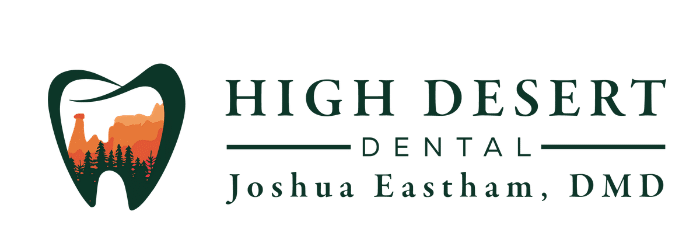Best Practices for Brushing and Flossing

How to Prevent Cavities: Tips from Your Grand Junction Dentist

Maintaining a healthy smile starts with consistent at-home oral hygiene. While regular dental visits are essential, the foundation of good oral health lies in daily brushing and flossing. Practicing proper techniques ensures your teeth stay clean, your gums remain healthy, and you avoid common dental issues like cavities and gum disease.
At High Desert Dental, we’re proud to be recognized for having the best dentist in Grand Junction, CO, and we’re here to share our expert guidance to help you optimize your oral care routine.
Why Brushing and Flossing Matter
Plaque—a sticky film of bacteria—builds up on your teeth every day. If not removed, plaque can harden into tartar, leading to tooth decay and gum disease. Brushing and flossing are your first line of defense against these issues.
While brushing helps remove food particles and bacteria from the surface of your teeth, flossing reaches the spaces between them, where toothbrush bristles can’t reach. Together, they create a powerful routine that keeps your mouth clean and your smile bright.
Best Brushing Practices
1. Choose the Right Toothbrush
Select a soft-bristled toothbrush with a head size that comfortably fits in your mouth. Whether you use a manual or electric toothbrush, the key is to use it effectively and gently.
2. Use Fluoride Toothpaste
Fluoride strengthens enamel and helps prevent cavities. Always use a toothpaste that contains fluoride and has the ADA Seal of Acceptance.
3. Brush for Two Full Minutes
Brush your teeth twice a day—once in the morning and once before bed—for two minutes each time. Set a timer or use an electric toothbrush with a built-in timer to stay on track.
4. Follow Proper Technique
Hold your toothbrush at a 45-degree angle to your gums and use gentle, circular motions. Avoid aggressive scrubbing, as it can damage your enamel and irritate your gums.
5. Don’t Forget Your Tongue
Bacteria can accumulate on your tongue, leading to bad breath and oral health issues. Gently brush your tongue or use a tongue scraper every day.
Best Flossing Practices
1. Floss at Least Once a Day
Flossing is essential for removing plaque and food particles from between your teeth. The best time to floss is before brushing at night, but any time of day is better than not at all.
2. Use the Right Amount of Floss
Break off about 18 inches of dental floss and wrap most of it around your middle fingers. Leave about 1–2 inches to work with between your fingers.
3. Be Gentle and Thorough
Slide the floss between your teeth using a gentle back-and-forth motion. Curve it into a “C” shape against the side of each tooth and slide it up and down under the gumline. Avoid snapping the floss, which can hurt your gums.
4. Consider Alternatives if Needed
If you struggle with traditional floss, try floss picks, interdental brushes, or a water flosser. These tools can make flossing easier and more effective for people with braces, arthritis, or tight spaces between teeth.
How Our Experts Can Help
Even with the best brushing and flossing habits, professional dental care is still essential. The best dentist in Grand Junction, CO at High Desert Dental offer thorough cleanings and personalized advice to ensure you’re taking the best possible care of your smile.
At your regular checkups, we’ll:
Remove plaque and tartar that brushing and flossing can’t reach
Check for signs of cavities, gum disease, or other concerns
Provide tips tailored to your oral health needs
Recommend dental products or tools based on your unique smile
Small Changes, Big Results
Adopting a consistent and proper brushing and flossing routine can significantly reduce your risk of dental issues. It’s one of the simplest ways to invest in your long-term oral and overall health.
If you haven’t seen a dentist recently or have questions about your oral care routine, the team at High Desert Dental is here to help. With the best dentist in Grand Junction, CO, we’re committed to helping you achieve and maintain a beautiful, healthy smile.
Schedule Your Appointment Today
Ready to take your oral hygiene to the next level? Contact High Desert Dental to book your next cleaning and consultation. We’ll help you keep your smile in top shape with expert care and personalized attention.





